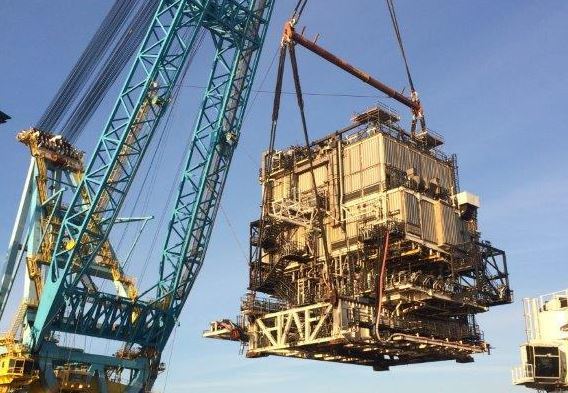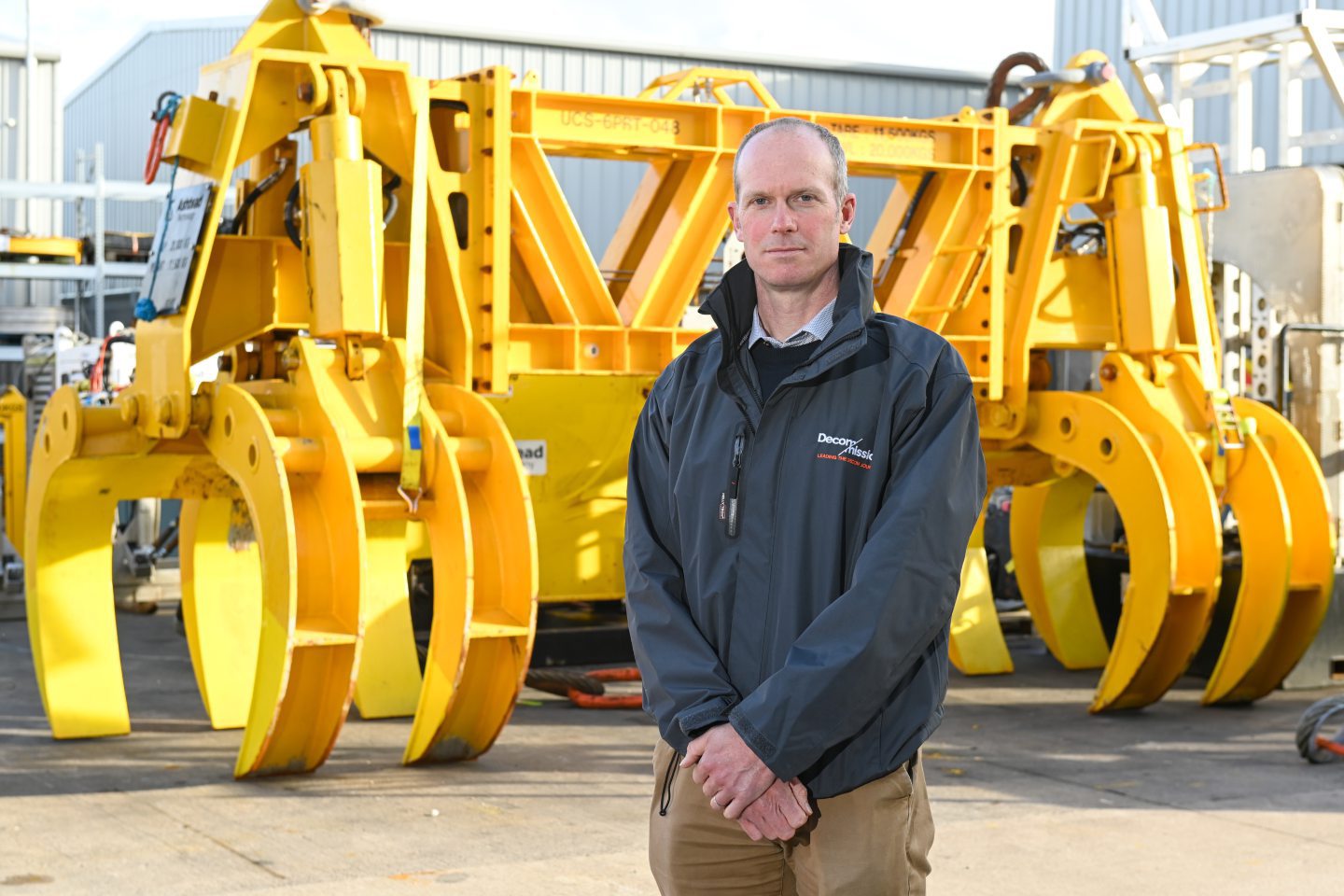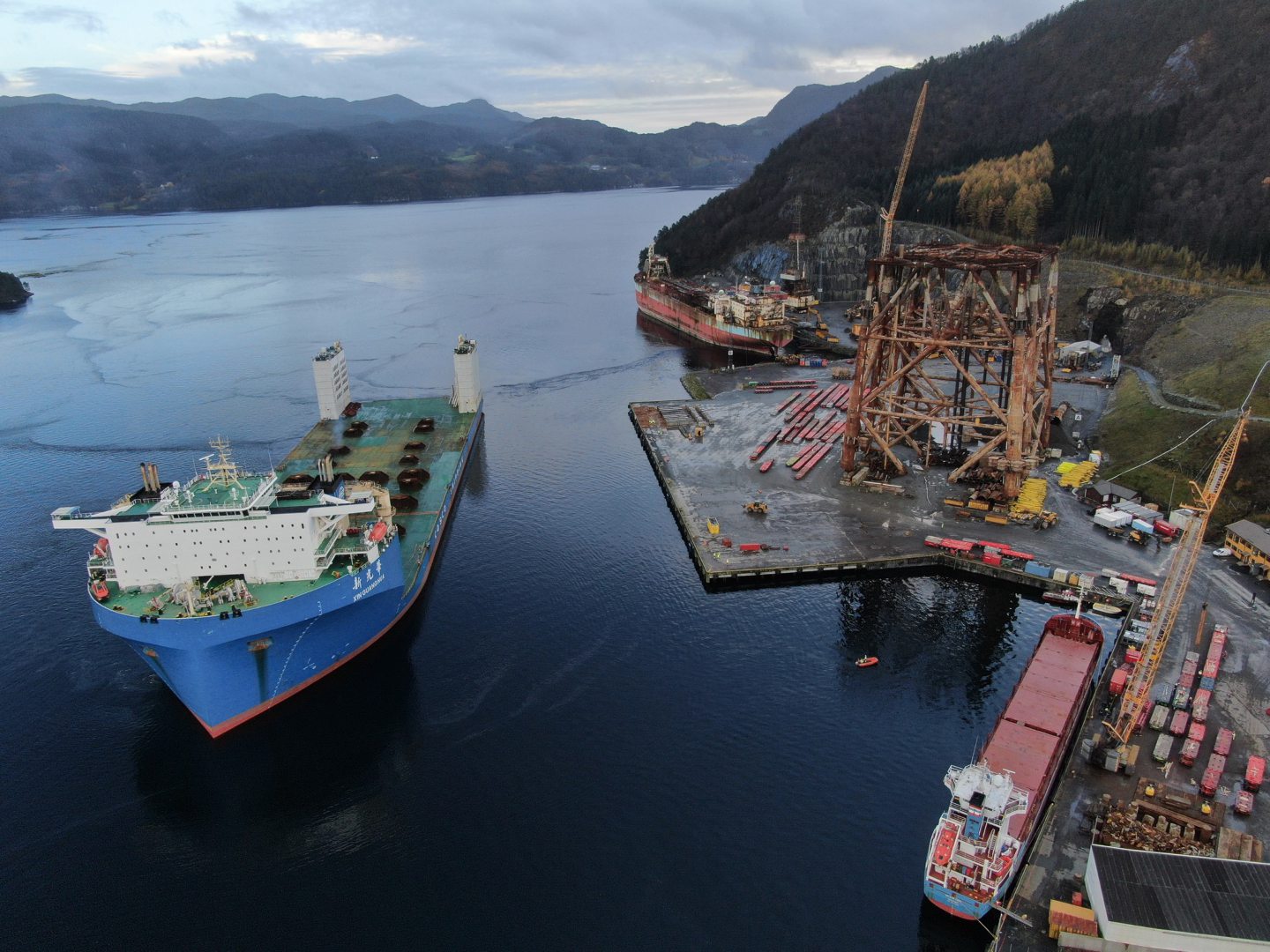
A survey conducted by decommissioning trade organisation Decom Mission has revealed widespread frustration with regulators among several supply chain concerns.
The survey also highlighted concern among respondents that the decom sector is “heading towards a lowest price wins environment which is dangerous, and will drive unsafe operations and shortcuts”.
Launched last year, Decom Mission said the survey aimed to deliver a ‘snapshot’ of industry sentiment across the offshore oil and gas, nuclear and decommissioning sectors.
The survey received 199 responses from organisations including supply chain firms, asset owners and operators, consultants, and regulators.
More than half of survey respondents said they worked across multiple energy sectors, with around a third working solely in oil and gas.
Along with capturing sentiment across the sector, Decom Mission said the survey also provided “primary insight into current supply chain capability and capacity”.
Covering themes including commercial operations, sector confidence, the environment, people and skills and safety and regulation, the results revealed a sense of frustration and concern within the decommissioning supply chain.
Survey reflects supply chain’s ‘current reality’
Decom Mission premiered the findings at the opening session of this year’s Decom Week event in Aberdeen, and the organisations’ chief executive officer Sam Long said the survey focused on the “supply chain’s current reality”.
“Whilst we understand that there will always be an emphasis on future opportunities within the energy industry, we felt it imperative to focus on the supply chain’s current reality, and in doing so have re-categorised what many of us will recognise on a more anecdotal basis into actionable and quantifiable insight,” Mr Long said.
“In doing so, we can further assist the supply network (which incorporates asset owners), in addressing identified challenges, such as a requirement for more sustainable and equitable business practices, a continued need to advance decom culture and mindset and the enablement of better outcomes.
“Those outcomes include improved recycling and reuse of assets, support for circular economy principles, more effective regulations, and a commitment to the decarbonisation of decom operations.”
Offshoring and cost pressures among key concerns
Developed alongside process safety and data science firm Empirisys, the survey gathered a mix of text-based and multiple choice responses.
With an average survey score of 0.62, the responses suggested a “level of dissatisfaction with the decom industry”.
Particular dissatisfaction was felt in the areas of project execution, regulation, and skills gaps.
“People and skills are a critical concern in most sectors,” Mr Long said.
“But it is nuanced and will require smart solutions”.
According to the survey, in commercial aspects the respondents “feel squeezed by budget constraints, project delays, and pressure for cost reductions”.
Respondents felt costs are often seen to outweigh environmental outcomes, with the industry seen to fall short of implement its goals around circularity and repurposing.
They also expressed concern about the lack of experienced personnel, the challenge of maintaining profitability, and the hurdles in investing in sustainable technologies.
“There’s an overall frustration about the commercial challenges facing the decommissioning sector and a desire for more sustainable and equitable business practices,” the report states.
The survey also revealed low levels of confidence in the sector, with responses highlighting concerns about continuous project delays and deferrals, offshoring and a lack of project visibility.
Lack of regulatory clarity for decom sector
Respondents also expressed dissatisfaction and concern about the currently offshore decommissioning regulatory environment.
Many responses expressed a desire for regulatory reform and changes to provide more clarity, with employees feeling that regulatory bodies are not providing sufficient guidance and support to decom-focused organisations.
The impact of regulatory decisions on the UK economy, especially in relation to offshore decommissioning work being conducted or awarded abroad, featured prominently with concerns about the impact on sector growth and value for UK taxpayers.
Several responses also highlighted what “appears to be a disproportionate amount of influence by operators on regulators” and questions about integrity and accountability.
Some respondents felt regulators often side with operators “to the detriment of other stakeholders”.
Decom Mission operations director Callum Falconer said in the organisation’s work with “both the regulated and regulator” it rarely sees “failure”, however “chances for improvement do emerge”.
Safety a positive, though concerns remain
Questions on safety training, prioritisation and culture were among the most highest scoring questions across the survey, with most respondents answering positively.
However, respondents also expressed concern that “safety, especially in terms of decommissioning, is often overshadowed by cost considerations”.
Empirisys chief technology officer Peter Sueref said the results of the survey are poised to “inform real change in the decom supply network”.
“The carefully crafted survey elicited thousands of text-based answers, resulting in a deep pool of information from which to draw insights,” Mr Sueref said.
“Our approach to scrutinising these responses involved not only analysing the numerical and statistical answers, but also adding real value by deriving the sentiment and insights from long-form text answers, and weaving all of this together to provide rich, meaningful insights.”
Recommended for you


 © Supplied by Kenny Elrick/DC Thom
© Supplied by Kenny Elrick/DC Thom © Taqa/ Coen de Jong
© Taqa/ Coen de Jong © Supplied by AF Gruppen
© Supplied by AF Gruppen